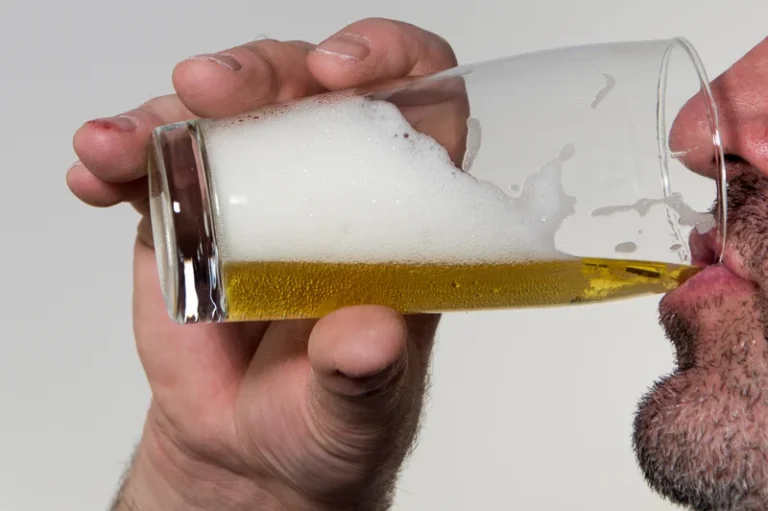What to Do After a Relapse

At this stage, working toward avoiding triggers or high-risk situations in which relapse could occur is critical. Therapy may focus on identifying high-risk situations and learning ways to avoid them. It may also involve normalizing occasional thoughts and relapse, and learning methods to let go of them quickly. Among the most important coping skills needed are strategies of distraction that can be quickly engaged when cravings occur.
If you’re already in treatment
- Instead, it can be an opportunity to examine what lifestyle changes, coping skills, and adjustments may be needed to prevent relapse in the future.
- With help from your support network and addiction treatment specialist, analyze why your relapse has occurred.
- The rate of relapse after treatment for alcohol abuse is around 90 percent.
- It’s crucial to understand that medications are not standalone treatments but are part of a comprehensive plan that includes behavioral interventions.
Remember, if you are trying to quit, you should plan for and try to avoid relapse. But if you do relapse, you should give yourself grace, accept that it is a normal part of quitting, and resolve to learn from the experience. While relapse can occur at any time, the 60- to 90-day period after initial recovery is the most vulnerable time. That’s why 12 Keys offers comprehensive and customized aftercare support. We also encourage clients at any stage of their recovery to seek intensive treatment with our empathetic and experienced addiction specialists. With our help, you can recover from your relapse and grow stronger and healthier from it.

Is Relapse Part of Recovery?
- Act quickly to focus on your recovery again, so your addiction can’t continue.
- If you’ve had a drink or used drugs again after stopping for a while, it can be difficult to know how to move forward.
- Cravings occur because the human brain has remarkable powers of association.
- Remember to discuss relapse prevention techniques and make this a key area of focus in your revised recovery plan.
- NRT offers alternative routes of nicotine to reduce withdrawal symptoms and cravings in a controlled manner.
Evidence shows that eventually, in the months after stopping substance use, the brain rewires itself so that craving diminishes and the ability to control behavior increases. The brain is remarkably plastic—it shapes and reshapes itself, adapts itself in response to experience and environment. With severe depression or a crippling addiction, though, positive thinking can sometimes make matters worse. I was so relieved the other https://ecosoberhouse.com/article/survive-boozy-bbq/ day when my psychiatrist told me to put the self-help books away.

Relapse Risk Factors

Those ways are essential skills for everyone, whether recovering from addiction or not—it’s just that the stakes are usually more immediate for those in recovery. Many experts believe that people turn to substance use—then get trapped in addiction—in an attempt to escape from uncomfortable feelings. Many people seeking to recover from addiction are eager to prove they have control of their life and what to do after a relapse set off on their own. Studies show that social support boosts the chances of success.
The “High-Risk Situation”: Relapse Triggers
Such groups offer peer support and accountability, which are crucial for maintaining sobriety. It’s crucial to understand that medications are not standalone treatments but are part of a comprehensive plan that includes behavioral interventions. This integrated approach has been shown to yield significantly better outcomes. Choosing the right therapist after a relapse is crucial for a successful recovery journey.
- Engaging in self-care practices, such as exercise and hobbies, can further aid in processing emotions healthily and maintaining a balanced lifestyle post-relapse.
- After a relapse, seeking professional help is a critical step on the path to recovery.
- Remember, if you are trying to quit, you should plan for and try to avoid relapse.
- Sometimes people relapse because, in their eagerness to leave addiction behind, they cease engaging in measures that contribute to recovery.



Leave a Reply